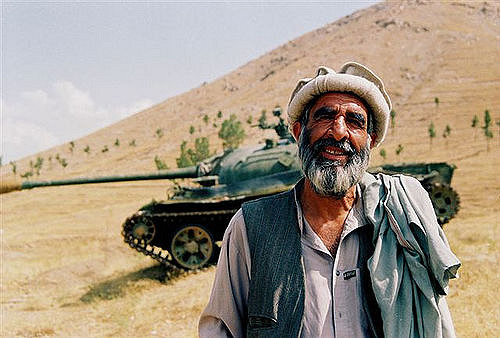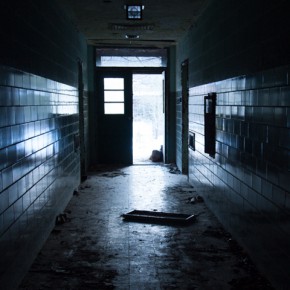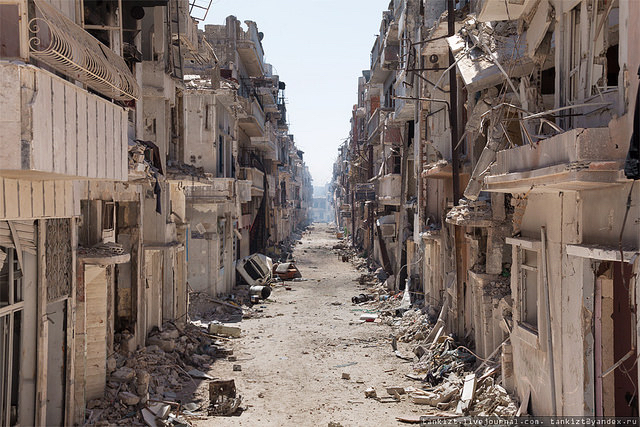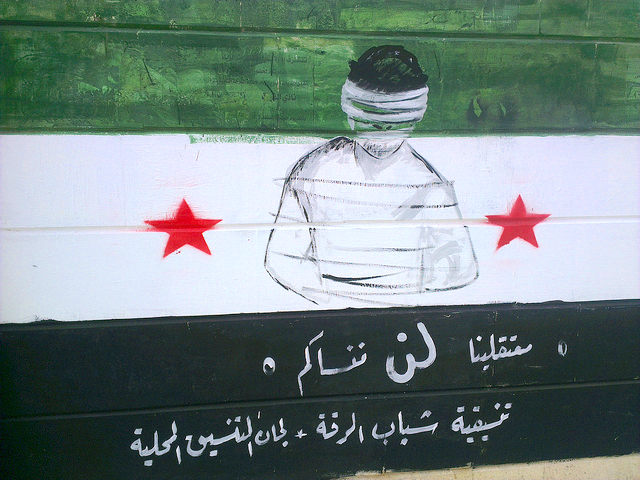Since 9/11, Western security services have obsessed over jihadism, creating a new cadre of self-appointed experts on Islamic militant groups like the Pakistani Taliban. Unfortunately, most of it cannot be taken seriously, due to its overt racism and Islamophobia. How can we correct this?
In A Jihadist Anti-Primer, Daryl Li contends that “discussions of jihad today are like a secularized form of demonology,” in that “they stem from a place of horror that shuts down serious thinking about politics.”
Militants like Tehreek-e-Taliban Pakistan (TTP) are presented to a politically directionless audience as a collection of their various anxieties. The argument is that Western audiences (in addition to certain elite Pakistani ones) are taught to regard the TTP with the same horror as they would supernatural creatures like werewolves, vampires, and demons.
Terrorism is no longer a question of tactical violence that can be unraveled and dissected. Instead, a bloated propaganda machine has fused terrorist attacks with the emotions of panic and sorrow.
This is exactly why it is so difficult to critically discuss terrorist attacks after they happen. Rather than conduct serious discussions about the political contexts which inspire terrorism, it is more typical to read a collection of facts about a certain group, framed by a certain degree of nihilism. The reasons given are always cultural, rooted in the religion, not their situations, or god forbid, their politics.
As Li writes, it is more typical to read articles such as “a summer 2015 analysis in the New York Review of Books – like much of its ilk, widely circulated but quickly forgotten – declaring ISIS simply too horrific to be analyzed.”
These narratives, and their impoverished content, are superficial on purpose. There are a few reasons. Part of it is that right-wing pundits tend not to care about certain details when the violence is occurring in a non-Western context. Their goal is more polemical than it is about substance.
Mujahideen are political subjects in their own right, as well as representations. The temptation, though, is to fall into crude racism, which is invoked by the need to find mass appeal about something, in a highly violent or militarised society. Of course, these explanations only go so far.
As a result, contentious topics like jihad get discussed in a manner that tends to parallel legislative efforts to sustain the War on Terror. It’s not a reflection of explicit pressure, per se. It’s more about conforming to what is perceived in journalism, and in academia, to be acceptable norms of discourse about any political subject – the Taliban, included.
This isn’t to dismiss everyone who works on these topics. There is readable journalism, and exellent scholarship, that deals with jihad. Unfortunately though, the best of it tends to centre on disavowal.
For example, take the case of Tahir ul-Qadri publishing a 600-page Fatwa on Terrorism. Qadri’s work is an Islamic decree that completely rejects the religious legitimacy of terroristic violence, and with it, the various tactics employed by the Pakistani Taliban.
It is of admirable intellectual value: excellent research, well written, and produced accessibly. Qadri’s efforts also have a great “impact” on Western Muslims living in an Islamopobic era. The Fatwa also has serious problems, mainly as a result of its scope. It doesn’t answer core questions about jihad as a politically mobilising framework.
To be fair, Qadri doesn’t aim to do that, and treats his topic well. But the problem with simply casting terrorism as religiously illegitimate is that you run the risk of legitimising counterinsurgency, and military offensives like Operation Zarb-e-Azb. Unfortunately, Qadri’s work is being received in a context where militants are further cast as devils that need to be violently ‘exorcised.’
Broadly, the problem is attempting to understand militant outfits like the Pakistani Taliban without separating the research from official attempts to domesticate or eradicate the group. As a result, the subject of the research (in this case the Talibani mujahid) is morphed into an abstraction that must be controlled, rather than something to be understood on its own terms.
Not only is that deeply unethical, but it can very easily result in poor scholarship and analysis. It’s obvious why. How can you understand something if you start off by holding it in contempt? In this regard, recent work on jihadism ultimately isn’t all too different from the anthropological work that accompanied European imperialism and settler-colonialism.
The challenge is to engage in knowledge production without the writer quietly joining the militarised intellectualism that helps frame international counterterrorism. As Li writes, one must begin by approaching these groups through an “engagement and understanding of the political struggles at work by understanding the social forces driving them, the worldly goals they pursue and the antagonisms that they face.”
This is why the Pakistani Taliban must be understood through an interrogation of endemic problems in military governance and social violence in Pakistan. It may be unpleasant and require more work. But journalists must insist that nothing is too horrific to be analysed.
Photograph courtesy of Yan Boechat. Published under a Creative Commons License.





